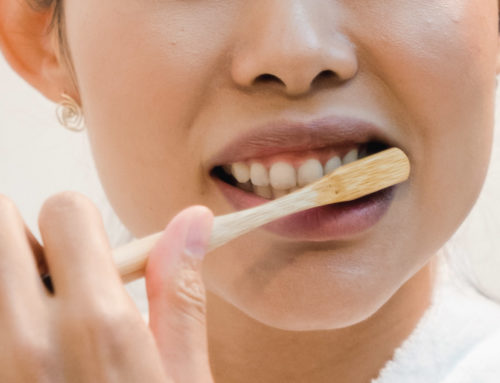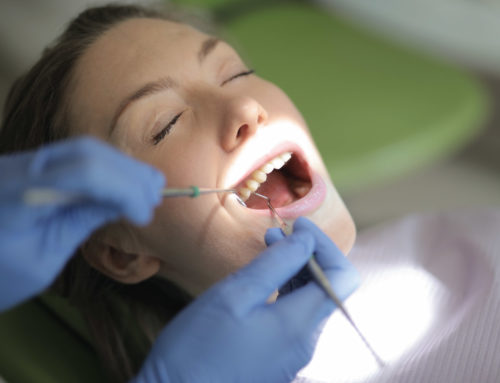Bulimia, an eating disorder characterized by recurrent episodes of binge eating followed by purging, can have a significant impact on oral health. Here are some ways bulimia can affect teeth:
- Enamel erosion: Bulimia can cause frequent exposure to stomach acid, which can erode the enamel on the teeth. This can make teeth more sensitive, discolored and more prone to cavities.
- Tooth decay: Bulimia can cause tooth decay because the frequent exposure to stomach acid can weaken tooth enamel and make it easier for bacteria to cause decay.
- Gum disease: Bulimia can cause inflammation of the gums, known as gingivitis, which can lead to gum disease if left untreated.
- Bruxism: Bulimia can cause stress and anxiety, which can lead to teeth grinding and clenching, known as bruxism, which can wear down tooth enamel and cause jaw pain.
- Oral trauma: Bulimia can also cause oral trauma, such as ulcers, abrasions, and lacerations on the cheeks, gums, and tongue.
- Chipped or fractured teeth: Bulimia can cause teeth to be chipped or fractured due to the force of the stomach acid and self-induced vomiting.
It’s important for people with bulimia to seek help for their disorder and visit the dentist regularly. Early detection of oral health problems can help to prevent more serious issues. A dentist can also help them to develop an oral care routine that addresses the specific oral health problems caused by bulimia.



